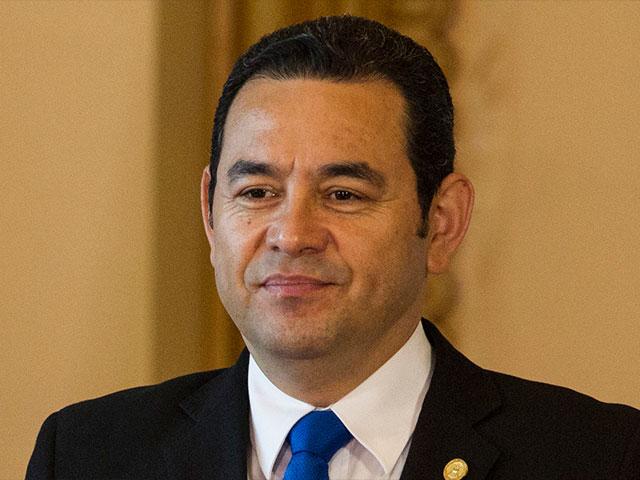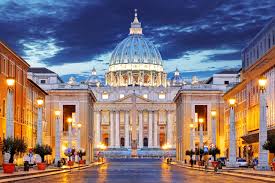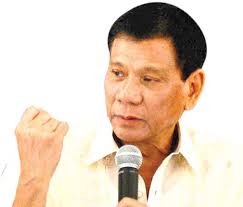14 September 2018
Guatemala’s president Jimmy Morales has decided to close down the Commission Against Impunity in Guatemala (CICIG) – a body established by the United Nations in 2007 to help dismantle powerful criminal networks. He declared that he would not renew its mandate.
On September 4, Morales ordered the immigration authority to prevent Ivan Velásquez, a Colombian judge who has led the anti-corruption body since 2013, from re-entering the country following his trip to the United States.
Morales’ son and brother are in judicial process for acts of corruption. CICIG accused the president’s son and brother of filing fake invoices for the use of public funds. Later that year CICIG presented evidence that Mr Morales’s party accepted more than $1m in illegal donations for the 2015 election. Morales attempted to expel Velásquez by declaring him “persona non-grata.” Yet the Guatemalan courts blocked this attempt.
Within hours of Morales’s August 31 announcement, activists mobilized protests in the central plaza of Guatemala City. The protests brought highways and towns to a standstill.
The country suffered the region’s bloodiest civil war, even by Latin American standards, which killed some 200,000 people in 1960-96. The army slaughtered civilians in the campaign against insurgent groups, for which it has been accused of genocide.
When the conflict ended, the army and the politicians, afraid of facing accusation of genocide, resorted to harassment and violence against human-rights activists. They also derailed criminal investigations through bribes and threats aimed at judges, prosecutors and witnesses.
Guatemala reaffirmed its support for Taiwan. Mr Morales was also the second world leader after Mr Trump to recognise Jerusalem as Israel’s capital, and moved his country’s embassy there. His efforts seem to have paid off. The United States did not condemn his decision to let CICIG’s mandate lapse.














